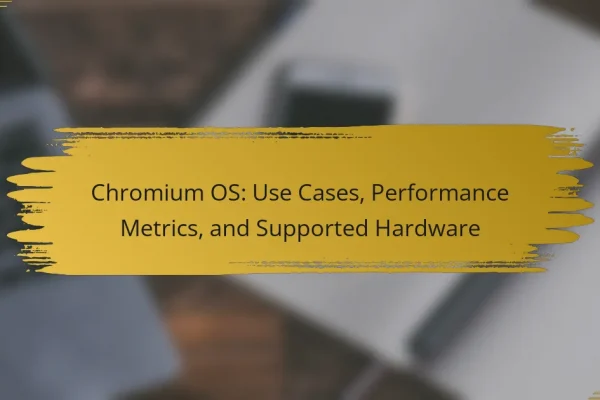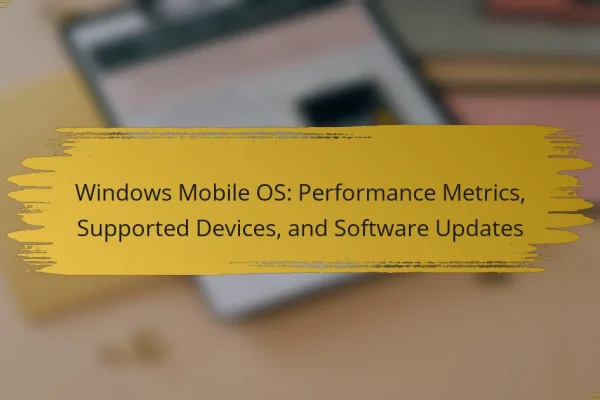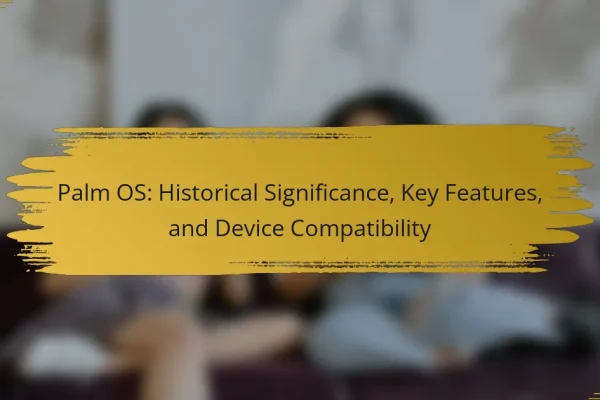
iOS Operating System: Security Features, User Interface, and App Ecosystem
The iOS Operating System, developed by Apple Inc., is a mobile platform designed for iPhone, iPad, and iPod Touch devices, known for its user-friendly interface and strong security features. The article outlines the key aspects of iOS, including its robust app ecosystem supported by the App Store, which ensures quality and security through a rigorous…








